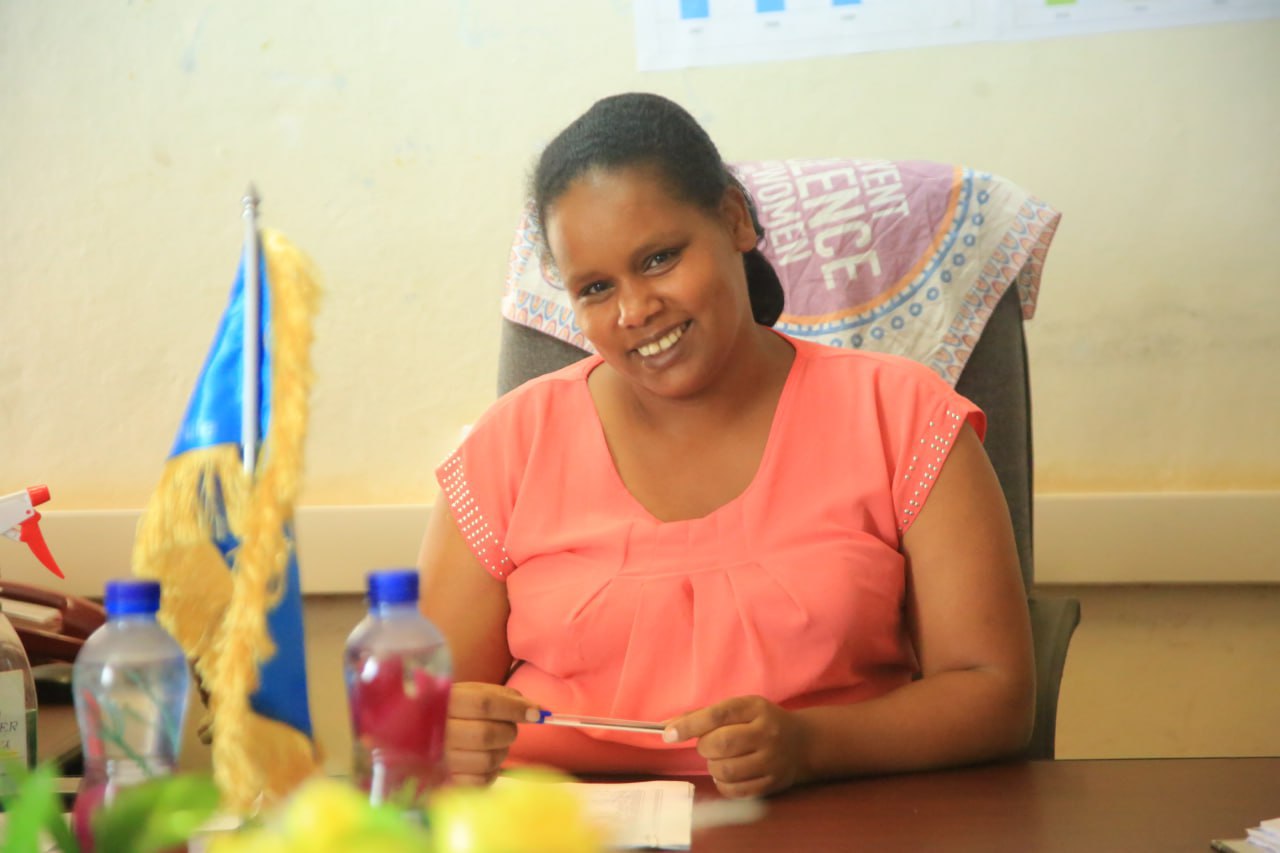
Women, Social Affairs Mainstreaming Executive
Mrs. Meseret Asrat Awekash
Contact Information:Phone: +251-011-322-0162
Address: Wolkite University, Main Campus, P.O.Box 07,Email:
Overview of the Women, Social Affairs, and Mainstreaming Office
The Women, Social Affairs, and Mainstreaming Office at Wolkite University is committed to promoting gender equality, empowering female students and staff, and ensuring inclusivity across all aspects of university life. The office actively supports women, children, persons with disabilities, and economically disadvantaged students. It works to create a gender-responsive learning and working environment while addressing cross-cutting social issues such as HIV/AIDS, reproductive health, and sexual harassment through training, advocacy, and policy integration.
Vision
To create an inclusive, equitable, and empowering academic and social environment where all members of the university community can thrive, regardless of gender, ability, or socio-economic background.
Mission
To mainstream gender and social issues into the university’s policies, programs, and practices by promoting equity, empowerment, support systems, and awareness-building initiatives that foster the development and success of marginalized groups.
Strategic Goals
Goal 1: Improve Student Achievement and Welfare
- Provide mentorship programs for female students.
- Support vulnerable groups, including women, students with disabilities, pastoralist students, and those in economic need, through the provision of:
· Educational materials
· Hygiene kits
· Capacity-building training
· Counseling and consultancy services
· Tutorial classes for girls
- Offer incentives and recognition to high-performing female students.
- Deliver targeted financial and psychological support for students with disabilities and special needs.
- Institutionalize gender and disability inclusion by:
· Developing procedures across departments
· Monitoring and evaluating performance
· Providing feedback and identifying gaps
- Prevent and respond to sexual harassment through clear policies and fair disciplinary actions.
- Provide accessible counseling services.
- Offer life skills training for incoming students.
Goal 2: Foster Multidisciplinary Engagement and Inclusion
- Promote the active participation of female faculty in teaching, research, leadership, and community service.
- Establish and improve daycare services to support staff and student mothers, ensuring quality and accessibility.
- Monitor and enhance infrastructure to ensure it is disability-friendly and accessible to all.
Goal 3: Strengthen Human Resource Development and Capacity Building
- Organize training and awareness programs for the university community on issues affecting women, persons with disabilities, and vulnerable groups.
- Provide training on:
· Leadership
· Entrepreneurship
· Assertiveness
· Life skills
· Reproductive health
· HIV/AIDS awareness
· Sexual harassment and gender-based violence
· Study and communication skills
- Facilitate training and exchange programs to build the capacity of emerging female leaders and professionals.
Core Responsibilities
In alignment with the university’s vision, mission, and development objectives, the office is tasked with:
1. Promoting gender equality and social inclusion across all university units and programs.
2. Enhancing the participation and leadership of women, youth, and children in university activities.
3. Eliminating gender-based discrimination and inequity.
4. Preventing all forms of violence against women and vulnerable groups.
5. Enabling women to access and benefit from socio-economic development opportunities.
6. Supporting students with special needs, including those with disabilities, and those from rural or pastoralist backgrounds.
7. Contributing to the reduction of reproductive health issues and the prevention of HIV/AIDS through education and awareness.
Focus Areas
- Mainstreaming Gender and Social Issues
- Promoting Gender Equality and Equity
- Empowerment of Women and Vulnerable Groups
- Training, Advocacy, and Awareness-Raising
